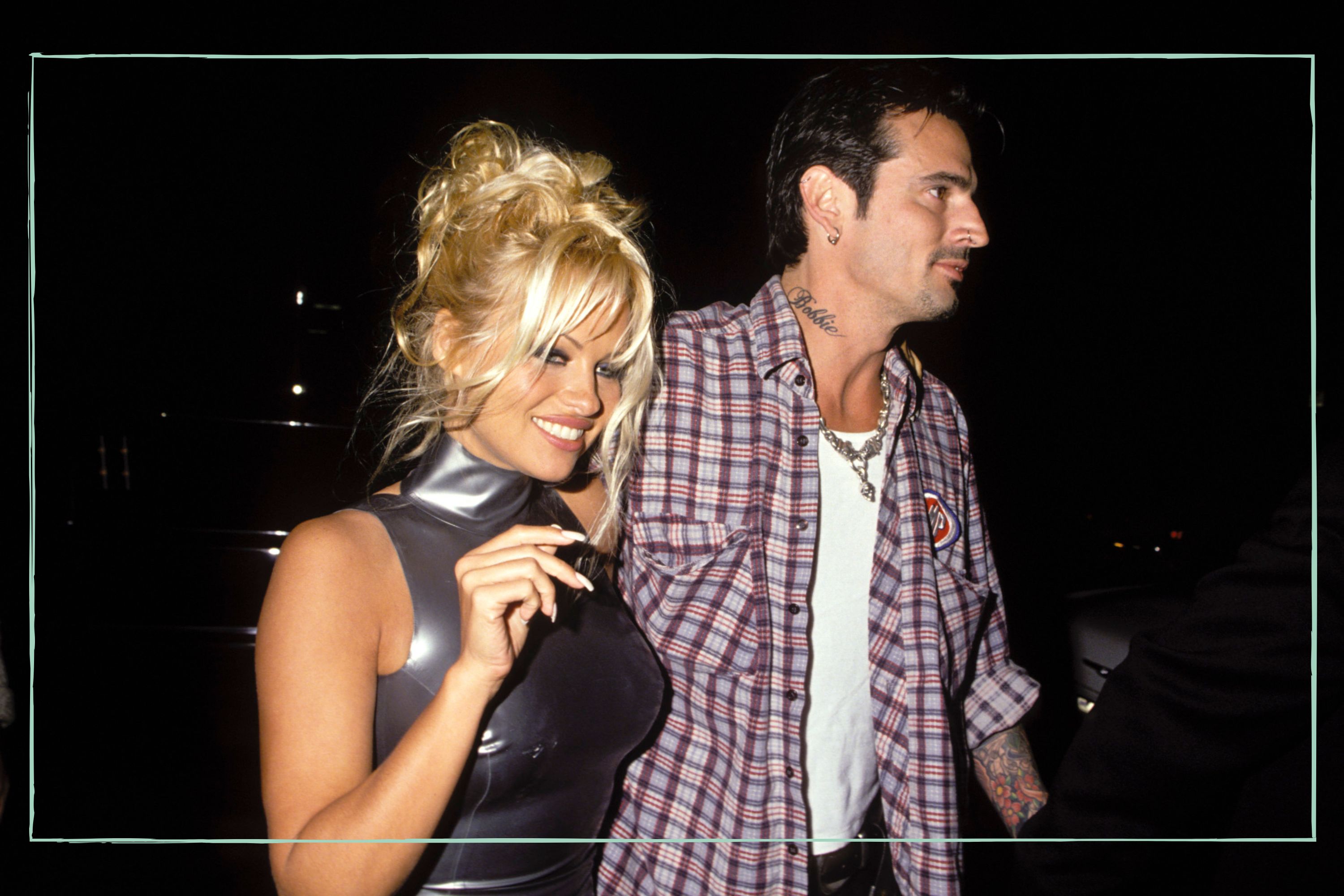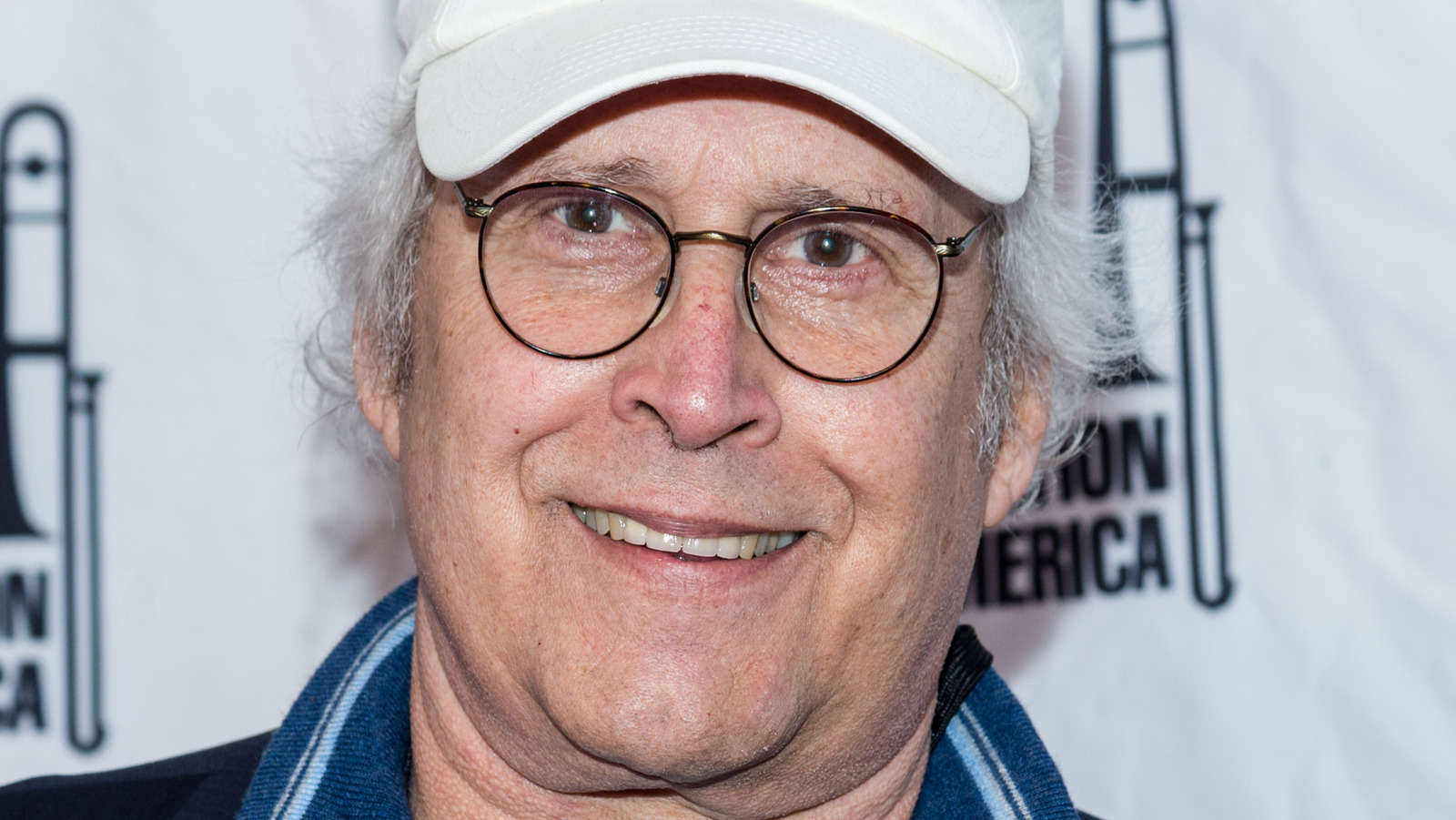How Many Times Has Pascal Been Married? Unpacking The Question Of "Many"
When we ask about someone's personal life, especially a public figure's, like "How many times has Pascal been married?", there's often a natural curiosity. We want to know specific numbers, to perhaps put a life story into a clearer perspective. It's a very common human impulse, you know, to seek out definite answers for things that pique our interest.
This kind of question, really, looks for a precise count, a number that tells us something about a person's journey through life and relationships. People often wonder about these personal details, perhaps to feel a bit more connected, or just to satisfy a simple desire for information that, in some respects, seems to be part of the public record.
However, it's important to clarify something right away. The information provided to help answer this question, which we're calling "My text," actually focuses on the definition and usage of the word "many." It describes what "many" means—like, its role in language—but it doesn't, in fact, contain any biographical details about a person named Pascal or their marital history. So, while we can explore the meaning of "many" and the nature of such questions, we won't be able to give a specific number for Pascal's marriages based on the given reference.
Table of Contents
- The Quest for Information: What Does "Many" Even Mean Here?
- Defining "Many" in the Context of Personal Lives
- Understanding Public Curiosity About Personal Lives
- The Challenge of Verifying Personal Information
- Exploring the "Pascal" Question Without Specific Data
- Biographical Gaps and the "Many" Conundrum
- The Evolving Nature of Public Records
- Frequently Asked Questions About "Many" Marriages
The Quest for Information: What Does "Many" Even Mean Here?
When someone asks "How many times has Pascal been married?", they are clearly looking for a number, a countable quantity. The word "many" itself suggests a large, yet indefinite, number, doesn't it? Our provided text, which is actually about the word "many," explains this quite well. It says that the meaning of "many" is "consisting of or amounting to a large but indefinite number." This is pretty basic, but also quite important for our discussion, you know.
So, if Pascal had been married, say, once or twice, we probably wouldn't describe that as "many." But what if it was three, four, or even more? At what point does a countable number of marriages become "many"? That's where the "indefinite" part of the definition really comes into play. It's not a fixed number; it's more of a feeling or a general idea of a significant quantity. The text also points out that "many" is "a popular and common word for this idea," which is rather true, isn't it?
Defining "Many" in the Context of Personal Lives
Our reference text goes into some detail about "many," explaining its use with "quantifiable nouns," like "books" or "apples," unlike "much," which is for "unquantifiable nouns," such as "water" or "time." Marriages, it's pretty clear, are countable. You can say one marriage, two marriages, and so on. So, using "many" for marriages is, in fact, grammatically correct and appropriate when we're talking about a large number of them.
The text even offers synonyms for "many," like "innumerable," "manifold," and "numerous," which all suggest a high count. It also mentions "multiple," "several," and "countless." While "countless" implies an inability to count, "many" still implies that the items *could* be counted, even if the exact number isn't known or stated. For instance, "We use many to refer to a large number of something countable," the text reminds us. This is, in a way, fundamental to understanding the question about Pascal.
We also learn about the phrase "many a time," which is described as a "more formal and an old way of saying generally, often or many times." So, if someone said "Pascal has been married many a time," it would mean they've been married often, without giving a precise count. This just goes to show how flexible and varied the usage of "many" can be, even within English, you know.
The core distinction, as our reference explains, is that "many is used with words for things that we can count," while "much is used with words for things that we cannot count." So, when we ask "How many times has Pascal been married?", we are definitely asking about something countable. The challenge, of course, is getting to that specific count, especially when the information isn't readily available or, in our case, not present in the provided source material.
Understanding Public Curiosity About Personal Lives
It's interesting, isn't it, how much people are drawn to the personal stories of others? Whether it's a well-known personality or just someone mentioned in conversation, there's often a desire to piece together their life narrative. Questions like "How many times has Pascal been married?" spring from this natural human inclination to understand, to categorize, and perhaps, to relate to the experiences of others. This is just how we are, you know, as humans.
For figures in the public eye, this curiosity is amplified. Details about their relationships, family life, and significant personal events become part of their public persona. People feel a connection, even a slight one, and want to know more about the person behind the public image. This desire for information is, in a way, a constant feature of our shared human experience. We like to know about the people who, perhaps, shape our culture or who we just hear about.
The media, too, plays a part in this. News outlets, social media, and various platforms often highlight personal milestones, making such information more accessible and, consequently, fueling further questions. So, if there were a public Pascal, the question about their marriages would, arguably, be a natural extension of that public interest. It's all part of the collective conversation that happens around people who are, for whatever reason, in the public eye.
However, it's worth remembering that while curiosity is natural, access to private information is not always guaranteed, nor should it always be expected. The very nature of a "large but indefinite number," as our text defines "many," can sometimes reflect the reality of information availability. Sometimes, the specific count simply isn't public, or it's not confirmed, leaving us with a general sense rather than a precise figure. That's just how it goes, sometimes, with information.
The Challenge of Verifying Personal Information
Finding accurate details about someone's marital history, especially if they are not a prominent public figure with extensively documented lives, can be quite a challenge. This is particularly true when, as in our situation, the provided reference text does not contain any biographical information. So, while we have a clear question—"How many times has Pascal been married?"—we don't have the direct data to answer it from our given source, which is, you know, a bit of a hurdle.
Typically, to verify such personal information, one would look to official records, reputable news archives, authorized biographies, or verified public statements. These sources are designed to provide factual and confirmed details. Without access to such reliable external data, any attempt to answer the question definitively would involve speculation, which is something we are not doing here. We are, in fact, sticking to the information we have, and the information we have is about the word "many."
The very concept of "many" implies a quantity that exists but might not be precisely known or easily counted at a glance. For instance, if you were to ask "Do you have many things to do today?", as our reference text suggests, the answer might be a general "yes" without a precise number of tasks. Similarly, for a person's marriages, unless there's a clear, verifiable record, the exact count might remain elusive, leaving us with only the general idea of "many" or "not many."
It highlights the importance of credible sourcing. When searching for answers to personal questions, especially those involving numbers like "how many," relying on verified facts is paramount. Without them, we are left to ponder the meaning of "many" rather than the specific count it might represent in a given individual's life. This is a crucial point, really, in any information-seeking endeavor.
Exploring the "Pascal" Question Without Specific Data
Given the constraints, where our provided text focuses solely on the definition of the word "many" and offers no biographical details about any individual named Pascal, we find ourselves in a unique position. We can't actually provide a number for how many times Pascal has been married. This is, in a way, a demonstration of how information availability shapes our ability to answer even seemingly straightforward questions. The question asks for a count, but our source defines the counting term, not the count itself.
It's like asking "How many apples are in that basket?" and being given a dictionary definition of "apple" and "many" instead of a peek into the basket. The tools to understand the question are there, but the direct answer is not. This means our exploration must pivot from providing a direct answer to discussing the nature of the question itself, and the broader context of seeking specific personal data when it isn't readily available or, you know, part of the given reference.
Biographical Gaps and the "Many" Conundrum
When we talk about a person like "Pascal," without any further context or specific identity, their personal details remain, quite naturally, unknown to us. The question "How many times has Pascal been married?" implies a specific individual, but without that individual being identified or having their life documented in our source, any attempt to provide a number would be purely speculative. This is a very important point, as we are instructed not to create or assume context.
Therefore, when considering the biographical details for "Pascal," based on the information we have been given, we must acknowledge a significant gap. There are simply no personal details available to populate a table or provide a definitive answer to the question of their marital history. This is just the reality of the situation, you know, when the information isn't there.
| Detail | Information |
|---|---|
| Full Name | Information not available from provided text. |
| Date of Birth | Information not available from provided text. |
| Place of Birth | Information not available from provided text. |
| Occupation | Information not available from provided text. |
| Marital Status | Information not available from provided text. |
| Number of Marriages | Information not available from provided text. |
This table, in a way, illustrates the challenge. We can list the categories of information typically sought, but without a source that contains those facts, they remain blank. The "many" in the question, then, becomes a hypothetical quantity, a number we'd love to count but simply cannot, given our current resources. It's a rather clear example of how information limits what we can actually say, you know.
The Evolving Nature of Public Records
Even if we were talking about a known individual, the availability and accuracy of public records can change over time. Information that was once private might become public, or new details might emerge that alter previous understandings. For example, some historical figures might have had relationships that were not officially documented at the time, but later research brings them to light. This is, in some respects, a continuous process of discovery.
The question of "How many times has Pascal been married?" is, therefore, also subject to the dynamic nature of information. If Pascal were a real person whose life details were being actively researched or discussed, the answer might evolve as new data surfaces. However, without any initial data to begin with, our current understanding remains, quite simply, undefined. It’s a bit like trying to count something that is, at the moment, invisible.
This situation underscores the importance of ongoing research and verification when seeking answers to personal questions. For now, the "many" in our central question remains a concept, a linguistic tool to describe a potentially large, yet currently unknown, number of marital unions. It highlights that while the question is clear, the answer requires specific, verifiable facts that are not present in our provided text. This is a rather significant point, you know.
Frequently Asked Questions About "Many" Marriages
Since we can't give specific details about Pascal's marriages, let's look at some common questions that arise when we talk about the idea of "many" marriages or the process of finding such information. These questions, arguably, help us think about the broader topic, even without the specific facts.
1. How do we generally define "many" when talking about someone's marriages?
Well, the concept of "many" is pretty flexible, as our reference text points out. It refers to "a large but indefinite number." What one person considers "many" marriages, another might not. For some, three marriages might seem like "many," while for others, that number might need to be higher to qualify. It's more about a general impression of a significant quantity rather than a fixed number. So, it's quite subjective, in a way.
2. Why is it often difficult to find precise information on someone's marital history?
It can be tough for a few reasons. For private individuals, marital records might not be publicly accessible or widely reported. Even for public figures, sometimes details are kept private, or records are spread across different jurisdictions, making them hard to compile. Plus, without specific names or dates, searching for such information can be like looking for a needle in a haystack. It simply requires verifiable sources, which aren't always easy to come by, you know.
3. What kind of sources are usually reliable for confirming someone's number of marriages?
Generally, you'd look for official public records, like marriage licenses or divorce decrees, though these aren't always easily searchable by the general public. Reputable biographical works, verified news reports from established media outlets, or official statements from the individual or their representatives are also considered reliable. Social media or unverified online forums are, typically, not the best places to get accurate counts. It's about finding sources that have a track record of accuracy, basically.
Learn more about language and meaning on our site, and link to this page

How many times has Pamela Anderson been married and who has she been

How Many Times Has Pamela Anderson Been Married?

How Many Times Has Carrie Underwood Been Married?